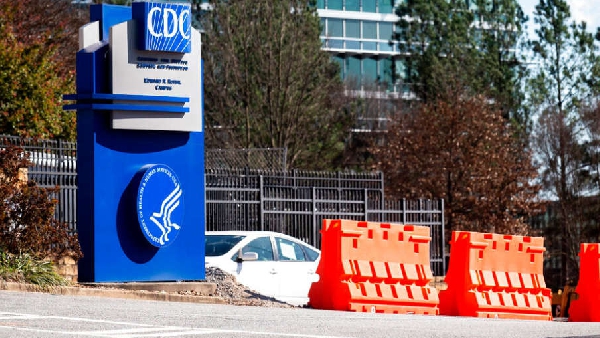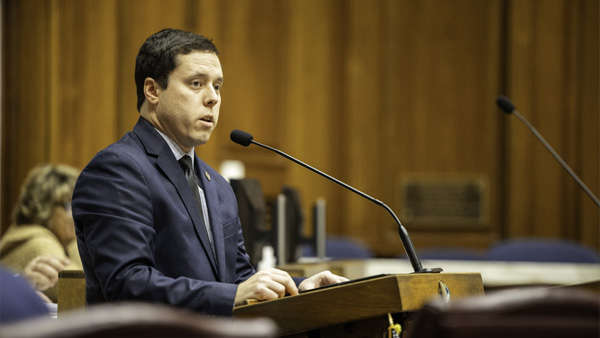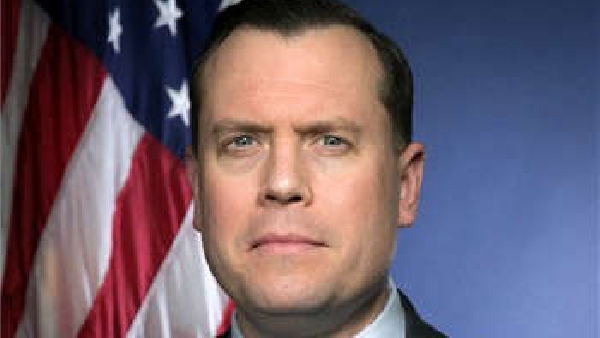Delta variant of the coronavirus is fueling infection surges.
 (Photo Provided)
(Photo Provided)
The Centers for Disease Control and Prevention changed course Tuesday on some masking guidelines, recommending that even vaccinated people return to wearing masks indoors in parts of the U.S. where the delta variant of the coronavirus is fueling infection surges.
Citing new information about the variant's ability to spread among vaccinated people, the CDC also recommended indoor masks for all teachers, staff, students and visitors at schools nationwide, regardless of vaccination status.
In other developments, President Joe Biden said his administration was considering requiring all federal workers to get vaccinated. His comments came a day after the Department of Veterans Affairs became the first federal agency to require its health care workers receive the vaccine.
Biden dismissed concerns that the new masking guidance could invite confusion, saying Americans who remain unvaccinated are the ones who are "sowing enormous confusion."
"The more we learn about this virus and the delta variation, the more we have to be worried and concerned. And there's only one thing we know for sure — if those other 100 million people got vaccinated, we'd be in a very different world," he said.
The White House quickly pivoted on its own masking guidance, asking all staff and reporters to wear masks indoors because the latest CDC data shows that Washington faces a substantial level of coronavirus transmission.
The CDC's new mask policy follows recent decisions in Los Angeles and St. Louis to revert to indoor mask mandates amid the spike in COVID-19 infections. The nation is averaging more than 57,000 cases a day and 24,000 COVID-19 hospitalizations.
The guidance on masks in indoor public places applies in parts of the U.S. with at least 50 new cases per 100,000 people in the last week. That includes 60 percent of U.S. counties, officials said. New case rates are particularly high in the South and Southwest, according to a CDC tracker. In Arkansas, Louisiana and Florida, every county has a high transmission rate.
Most new infections in the U.S. continue to be among unvaccinated people. So-called breakthrough infections, which generally cause milder illness, can occur in vaccinated people. When earlier strains of the virus predominated, infected vaccinated people were found to have low levels of virus and were deemed unlikely to spread the virus much, CDC Director Dr. Rochelle Walensky said.
But with the delta variant, a mutated and more transmissible version of the virus, the level of virus in infected vaccinated people is "indistinguishable" from the level of virus in the noses and throats of unvaccinated people, Walensky said.
The data emerged over the last couple of days from over 100 samples from several states and one other country. It is unpublished, and the CDC has not released it. But "it is concerning enough that we feel like we have to act," Walensky said.
Vaccinated people "have the potential to spread that virus to others," she said.
For much of the pandemic, the CDC advised Americans to wear masks indoors and outdoors if they were within 6 feet of one another.
Then in April, as vaccination rates rose sharply, the agency eased its guidelines on the wearing of masks outdoors, saying that fully vaccinated Americans no longer needed to cover their faces unless they were in a big crowd of strangers. In May, the guidance was eased further, allowing fully vaccinated people to stop wearing masks outdoors in crowds and in most indoor settings.
The guidance still called for masks in crowded indoor settings, like buses, planes, hospitals, prisons and homeless shelters, but it cleared the way for reopening workplaces and other venues.
Subsequent CDC guidance said fully vaccinated people no longer needed to wear masks at schools either.
For months, COVID cases, deaths and hospitalizations were falling steadily, but those trends began to change at the beginning of the summer as the delta variant began to spread widely, especially in areas with lower vaccination rates.
Some public health experts said they thought the earlier CDC decision was based on good science. But those experts were also critical, noting that there was no call for Americans to document their vaccination status, which created an honor system. Unvaccinated people who did not want to wear masks in the first place saw it as an opportunity to do what they wanted, they said.

 Zimmerman's Bill to Hold Unlicensed Drivers Accountable Moves to Governor's Desk
Zimmerman's Bill to Hold Unlicensed Drivers Accountable Moves to Governor's Desk
 State Rep. Bascom's Bill to Strengthen Immigration Enforcement Moves to Governor
State Rep. Bascom's Bill to Strengthen Immigration Enforcement Moves to Governor
 Ky Attorney General Urges Congress to Protect Kentuckians' Access to Fair and Transparent Drug Pricing
Ky Attorney General Urges Congress to Protect Kentuckians' Access to Fair and Transparent Drug Pricing




